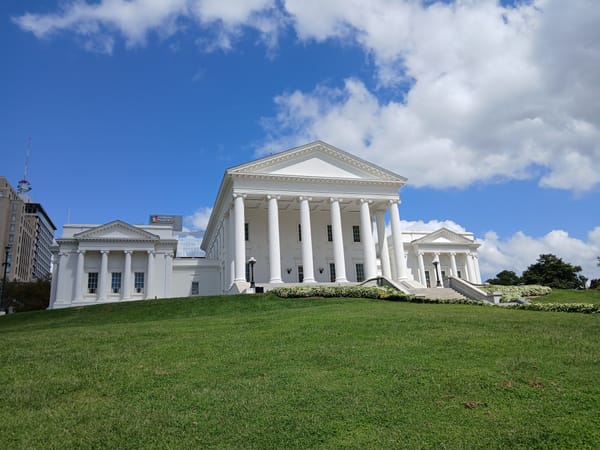A journey through copyright for sound recordings
Recently I was looking for some music to use for a project a friend of mine is working on. I wanted to either use something public domain or something using a Creative Commons license, and not even try to navigate the waters of "fair use." Librarians and archivists generally know the scope of US Copyright law. We know that all published works that came out before 1923 are in the public domain. We also know the scope of copyright for new works: 70 years after the death of the author, or 120 or 95 years if a work was created for hire. However, sound recordings are much more complicated. Federal copyright law did not cover sound recordings until February 15, 1972. When that law was passed, the federal government left the task of determining the copyright status of pre-1972 works to the states. Also in that law, they said that federal copyright law would supercede whatever the states decided on February 15, 2047. (The Sonny Bono Copyright Term Extension Act of 1998 postponed this date until February 15, 2067.) Wikipedia claims that this means that works created before 1972 are not under copyright. I was able to find folk recordings, including Gene Autry, bluegrass recordings, and a whole host of other things from the 1920s, 30s, and before. However, I did not find anything by any prominent bands. This is most likely due to a ruling by the New York Court of Appeals, which is the highest court for the state of New York. In 2005, Capitol Records sued Naxos, a record distributor from the United Kingdom. Naxos had been digitizing old records from the 1930s and 40s, putting them onto CDs, and selling them in both the UK and the US. The copyright on these records had expired in the UK, and so it was legal for them to sell these CDs there. Some of the records that they digitized were owned by Capitol Records, who claimed that they retained common law copyright protections over those recordings, even though federal copyright law did not apply. The New York Court of Appeals agreed. In their opinion, they said that "The musical recordings at issue in this case, created before February 15, 1972, are therefore entitled to copyright protection under New York common law until the effective date of federal preemption—February 15, 2067." While this is currently only law in New York and other states are free to enforce copyright differently, I have the gut feeling that this will be the standard applied everywhere. Wikipedia is getting away with it currently because either no one has noticed or because the owners of the copyright don't care enough to sue. However, I bet Wikipedia would lose if they were sued. As a result of this case, it seems as though no sound recording can be reliably claimed to be in the public domain until February 15, 2067. So instead of trying to navigate the world of "public domain" sound recordings, I turned to another source of freely available music: Creative Commons licensed music. There are websites out there that allow artists to post their music under any of the Creative Commons suite of licenses. For example, I got an album by the band Walker Fields from the website Jamendo; I've never really explored that website too much, but I'm definitely going to do so more in the future. I know that the Southern Folklife Collection at the University of North Carolina has multiple streaming stations available, which stream bluegrass, country, and other old-time music from their collection. I also know that the Wax Cylinder Project at UC Santa Barbara has digitized wax cylinder recordings and made them available under Creative Commons licenses, but these are only two examples. So my question to you is, if you have sound recordings in your archive, what is your policy for making them available and what is your takedown policy?
